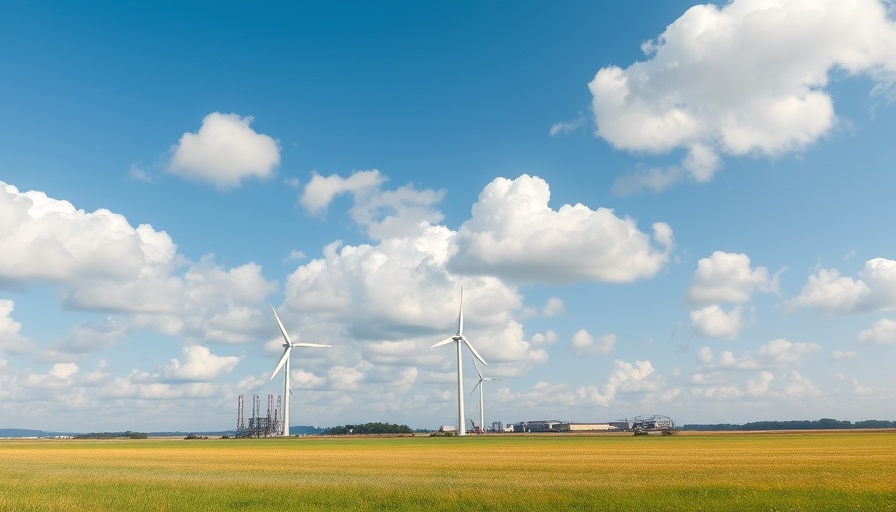
The Tenuous Future of Clean Energy in the U.S.
This year has seen a staggering $14 billion in clean energy investments plummet or stall across the United States, a disheartening statistic that reflects growing uncertainty surrounding future federal clean energy policies and tax credits. According to the Environmental Entrepreneurs (E2) report, this sudden shift has not only restrained financial backing for renewable projects but has also eliminated around 10,000 jobs in low-carbon energy sectors.
The cancellations, notably in states like Georgia and Tennessee—regions highly reliant on electric vehicle (EV) and battery production—signal a troubling trend. In April alone, companies preemptively scrapped $4.5 billion worth of electric vehicle, battery, and wind projects, anticipating legislative changes that would curtail existing tax incentives established only a few years prior.
Impact on American Jobs and Economic Growth
Michael Timberlake from E2 expressed the urgent need for policies that nurture clean energy sectors rather than impede their growth. He warned that if the One Big Beautiful Bill Act, which is poised to abolish the beneficial tax credits, is enacted, we could witness an even greater exodus of projects and talent from the U.S. Clean energy remains vital for meeting America’s burgeoning energy needs and fostering economic growth across the nation.
Republican Districts Suffer the Most
Interestingly, the bulk of project cancellations is occurring in Republican districts, which paradoxically receive the most benefits from these tax credits. The report highlights that over 13,000 jobs and $12 billion in projects have been axed in these areas this year. Bob Keefe, E2's Executive Director, asserts that the current administration's focus on fossil fuels is pushing opportunities abroad, crippling jobs and investments in clean energy.
The Bigger Picture: California's Role
For homeowners in California, a state known for its progressive stance on renewable energy, these developments can feel particularly personal. As urban and suburban residents, one must consider the local impact of these stalled projects on property values, community resiliency, and sustainability efforts. With the current climate of uncertainty, residents must advocate for policies that support investing in a clean energy future rather than regressing to outdated energy sources.
In a time of critical need for green investments, Californians stand at the forefront. Supporting local clean energy initiatives not only preserves jobs but also contributes to a more sustainable living environment.
 Add Row
Add Row  Add
Add 




Write A Comment